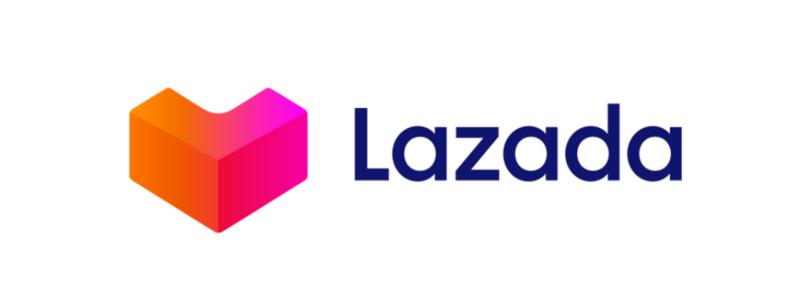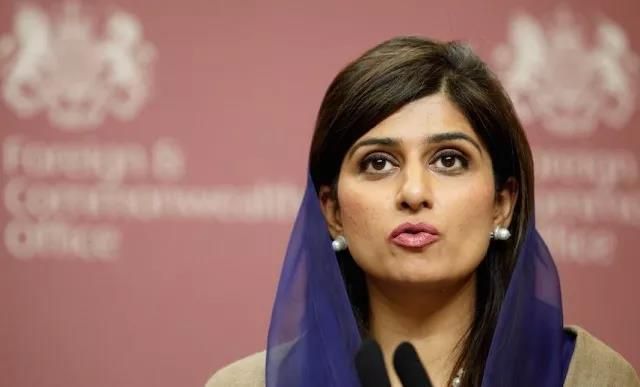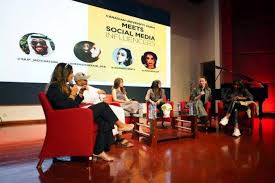Healthy Ways to Help Kids Grow Up
How Celebrities Manage Their Money
How to Get Free Gold Bars in Candy Crush?
Bloons TD 6: A Tower Defense Marvel Crafted by Talented Developers!
Is There a Vacuum of Casual Games for Female in South Korea? Cookie Run Is Next Only to Lineage, Ranking No.3 in Revenue
Minecraft Map Understanding Guide




A recent survey showed that one-in-six UAE companies said they had lost about $100, 000 to $250, 000 as a result of negative news about their KOL partnership.
Kroll, a subsidiary of risk control consultancy Dao Heng (Duff &Phelps) that released the report, surveyed more than 900 marketing / brand managers in the FMCG industry to explore the actual value of KOL marketing and the impact of KOL negative news on the brand.

According to the report, KOL marketing was accompanied by certain risks. Among the respondents, 85% of FMCG companies had been adversely affected by KOL’s reputation. Almost a quarter of companies claimed that their brands had been affected many times by KOL negative news.
A quarter of companies in the UAE were in the attempt to eschew any news relevant with KOL. These respondents said conservative marketing strategies helped to further improve brand performance.
Nevertheless, despite the risks of KOL marketing, the report also showed that the UAE was one of the most active markets in the global KOL marketing industry during the epidemic.
Globally, FMCG companies spend an average of $22, 151 a year on individual KOL. While the UAE's KOL marketing investment is higher than the global average, the UAE's KOL marketing budget, like the UK and the US, is the lowest in the overall marketing budget.
According to the report, two-thirds of the UAE's FMCG companies maintained or slightly increased their KOL marketing budgets during the outbreak, and nearly one-fifth (19%) of the companies significantly increased their marketing budgets.
The report also shows that 46 percent of FMCG companies will invest 31 to 50 percent of their marketing budget in KOL marketing in 2021, a fifth higher than the average marketing spending in 2018-2020, and nearly 10 percent of the companies will spend more than 70 percent of their budget.
Typically, FMCG companies invest their marketing budget in dozens of KOLs. The average number of KOL individuals that UAE brands work with is 79, compared with a global average of 81. The survey found that more than two-thirds of respondents had questioned the authenticity of the number of KOL fans. In 2020, marketing frauds such as false fans will cause the loss of $1.4 billion (9.2 billion yuan) to the brand.

Hakim Abdeljaouad, Director of Duff & Phelps Dubai, said, “The fact that KOL marketing is popular reflects the UAE FMCG companies’ recognition of this marketing approach. The epidemic has accelerated the development of the KOL marketing market, and as the year of 2021 draws near, more and more companies will increase their budgets while actively managing KOL risks.”
“Once there is negative news in the cooperation with KOL, it will create a huge negative impact on the brand which even may exist for a long time,” added Amine Antari, head of Kroll in the Middle East. As a result, the brand needs to conduct a full investigation of the KOL and establish an effective monitoring process to identify potential risks as much as possible.
In recent years, the UAE government has also issued regulations on KOL. The UAE's National Media Council issued a regulation in 2018, stating that domestic KOL must obtain a professional license and apply for a special media license before it can post advertisements or promote content on social platforms. Users who do not follow the rules will have their accounts closed and be fined up to 5, 000 U.A.E. dirhams.
Earlier this year, Sara Al Madani, an UAE entrepreneur, also told “Arabian Business” that the KOL industry in the Middle East was in a mess due to a lot of marketing and advertising agency activities. She argues that KOL, once a positive term, has been corrupted by commercial interests.
She said: “KOL could have instructed and helped their fans, but now its meaning has been distorted, the present KOL is more like advertising simply for making money.”